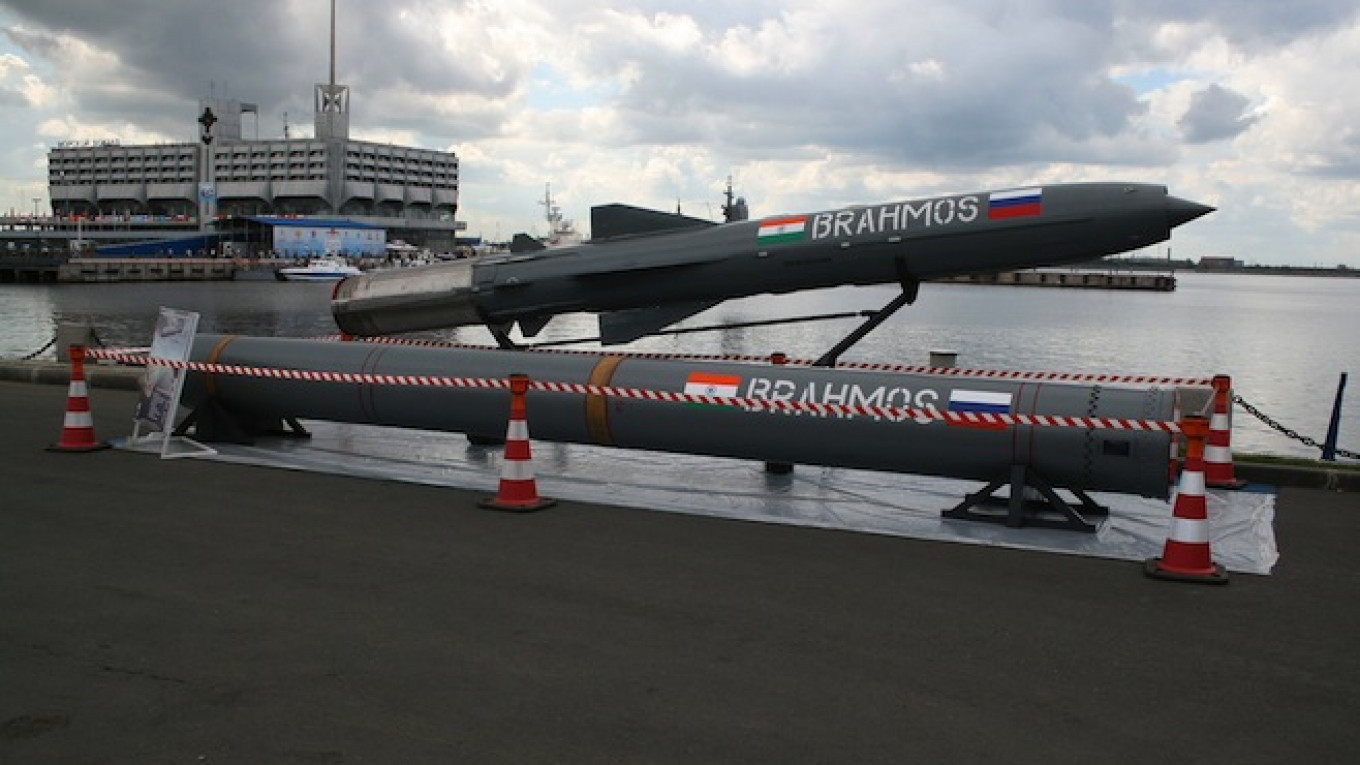Russia has created a powerful recipe for fuel that will allow missiles to fly faster than five times the speed of sound, a development that if utilized effectively would make Russia a major player in a growing hypersonic arms race, a deputy defense minister said.
“The recipe has been created and the energy accumulated in this fuel will enable our vehicles to exceed Mach 5,” General Dmitry Bulgakov, deputy defense minister, was quoted by the TASS news agency as saying on Tuesday.
Mach 5, or 6,126 kilometers per hour, is considered to be the barrier between supersonic speeds and hypersonic speeds.
Militaries around the world are racing to harness the power of hypersonic flight, which by slashing missile flight times will complicate countries' ability to detect and respond to attacks and potentially upset the global military balance of power.
The United States, China, Russia and India are all working to develop hypersonic missile systems, but the engineering challenges are daunting. Hypersonic missiles need to be strong to withstand the stress of flight beyond Mach 5.
While the United States and China have focused their efforts on so-called boost-glide hypersonic missiles, which launch on a rocket and then glide to their target, Russia and India have chosen to focus their efforts on the co-development of a hypersonic cruise missile.
Cruise missiles differ from ballistic missiles in that they fly under their own power to their target and can fly low to evade early warning radar systems.
Russia and India have already developed a cruise missile together, known as BrahMos. Considered the fastest supersonic cruise missile in the world, BrahMos travels at speeds up to Mach 3, or about 3,675 kilometers per hour.
A Message from The Moscow Times:
Dear readers,
We are facing unprecedented challenges. Russia's Prosecutor General's Office has designated The Moscow Times as an "undesirable" organization, criminalizing our work and putting our staff at risk of prosecution. This follows our earlier unjust labeling as a "foreign agent."
These actions are direct attempts to silence independent journalism in Russia. The authorities claim our work "discredits the decisions of the Russian leadership." We see things differently: we strive to provide accurate, unbiased reporting on Russia.
We, the journalists of The Moscow Times, refuse to be silenced. But to continue our work, we need your help.
Your support, no matter how small, makes a world of difference. If you can, please support us monthly starting from just $2. It's quick to set up, and every contribution makes a significant impact.
By supporting The Moscow Times, you're defending open, independent journalism in the face of repression. Thank you for standing with us.
Remind me later.


